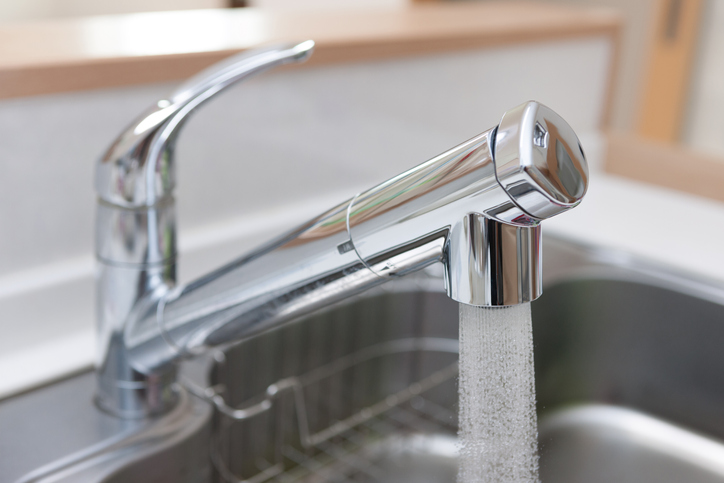What’s the Difference Between a Water Filter and Water Conditioner?

When water quality is a problem in your home, one of the first things you probably want to consider is installing a filter or water conditioner. But what’s the difference? How do you know what you need? The differences between water filters and water conditioners can be complicated, however in general, their biggest difference is what their purpose is.
Water Filter Purpose
A water filter removes contaminants in the water moving through the filter. These contaminants are often things like dirt and other sediment or chemicals like pesticides that get into our water. Public water systems and private wells can both be susceptible to water contaminants.
Water Conditioner Purpose
A water conditioner, sometimes called a water softener, removes minerals from the water that cause “hard” water and scale. Hard water isn’t necessarily harmful to your health; however, it can shorten the lifespan of appliances and household fixtures that come into contact with the water.
The Technology is Different
A water filter can use a variety of methods to filter out contaminants. The two most common filtration methods are activated carbon and reverse osmosis.
Activated carbon granules have a large internal surface area that attracts and traps contaminants in it’s porous surface while the cleaned water continues to flow through it. The activated carbon filter eventually fills up with contaminants and needs to be replaced to continue filtering properly.
Reverse osmosis filters force water through a membrane that allows water to pass through but traps the contaminants.
A water conditioner typically uses ion-exchange or a salt-based system to soften water. Ion exchange occurs when atoms of a contaminating substance are split apart to make ions. A salt-based system uses a special salt to help treat the water for scale.
Conditioners and Filters Have Different Maintenance Needs
A water filter is typically more expensive to install and often requires routine filter replacement. Reverse osmosis systems often require several kinds of filters or membranes that may need replacing as often as every few months. Having your water filter serviced often is important for preventive maintenance. A water conditioner that uses salt must be routinely checked for salt-restocking.
How Do You Choose?
The system you choose will be based on your water’s needs, your budget, and what a water quality test reveals. Most homeowners don’t know which system is best for their home. A qualified expert is often needed to provide more in depth knowledge on water conditioner and filter options before an informed choice is made. Water quality is important and taking steps towards improving it should be done sooner rather than later.



